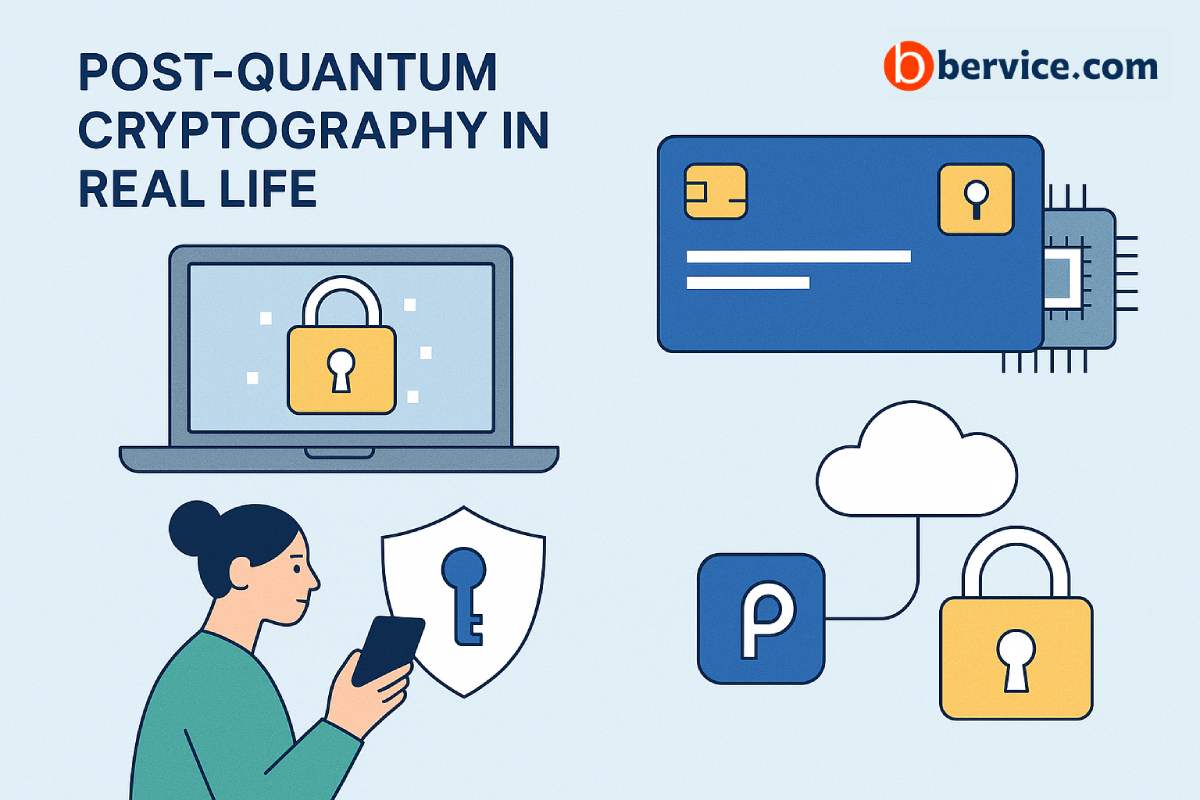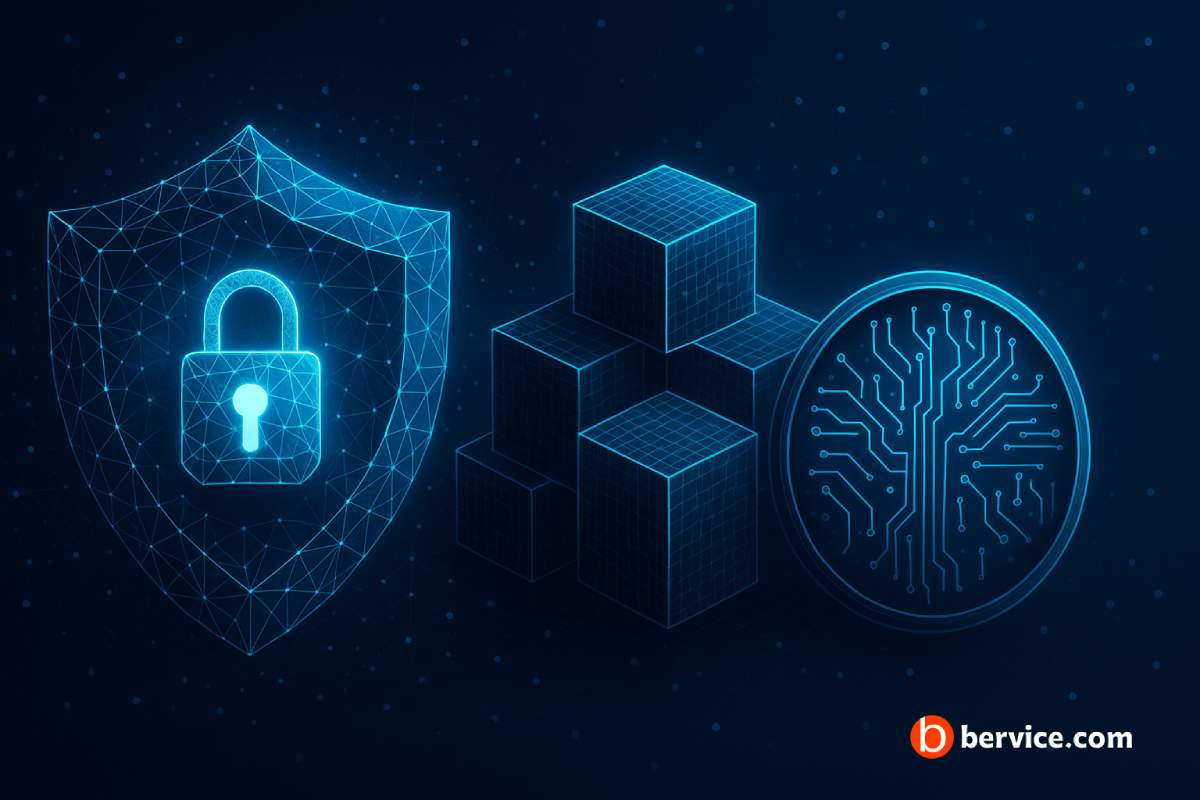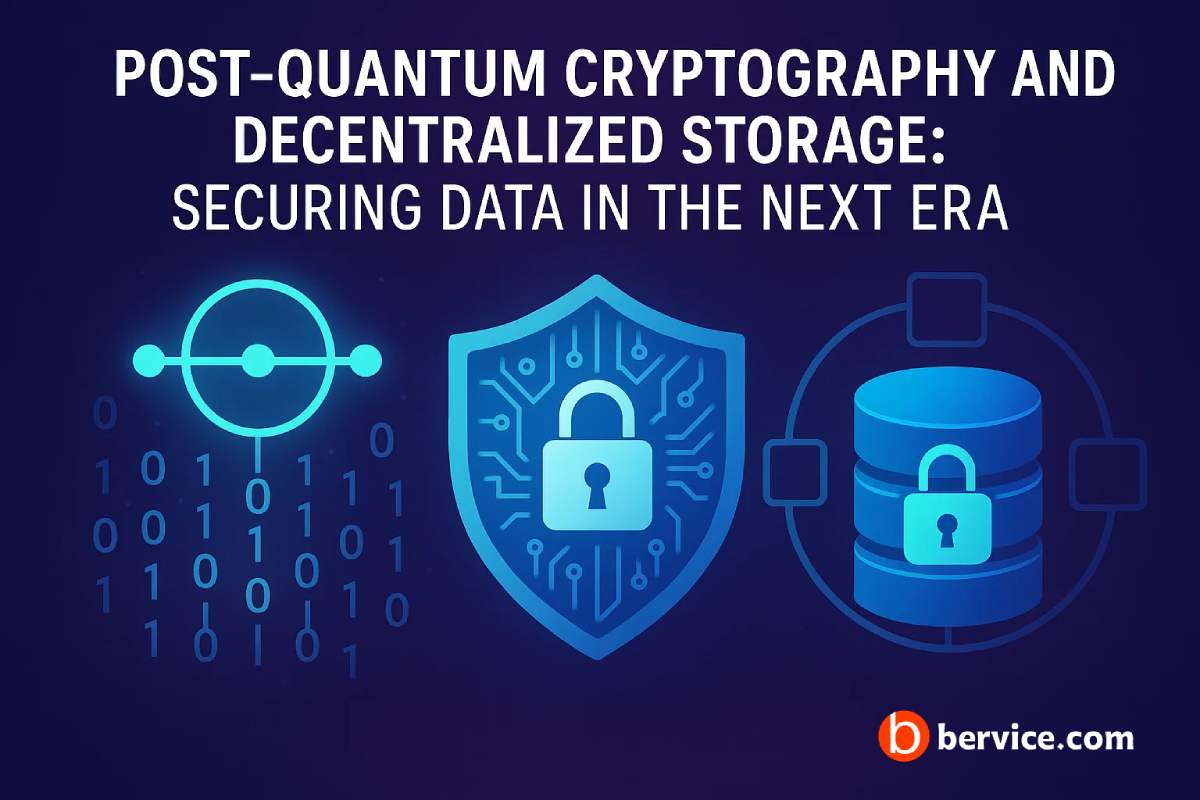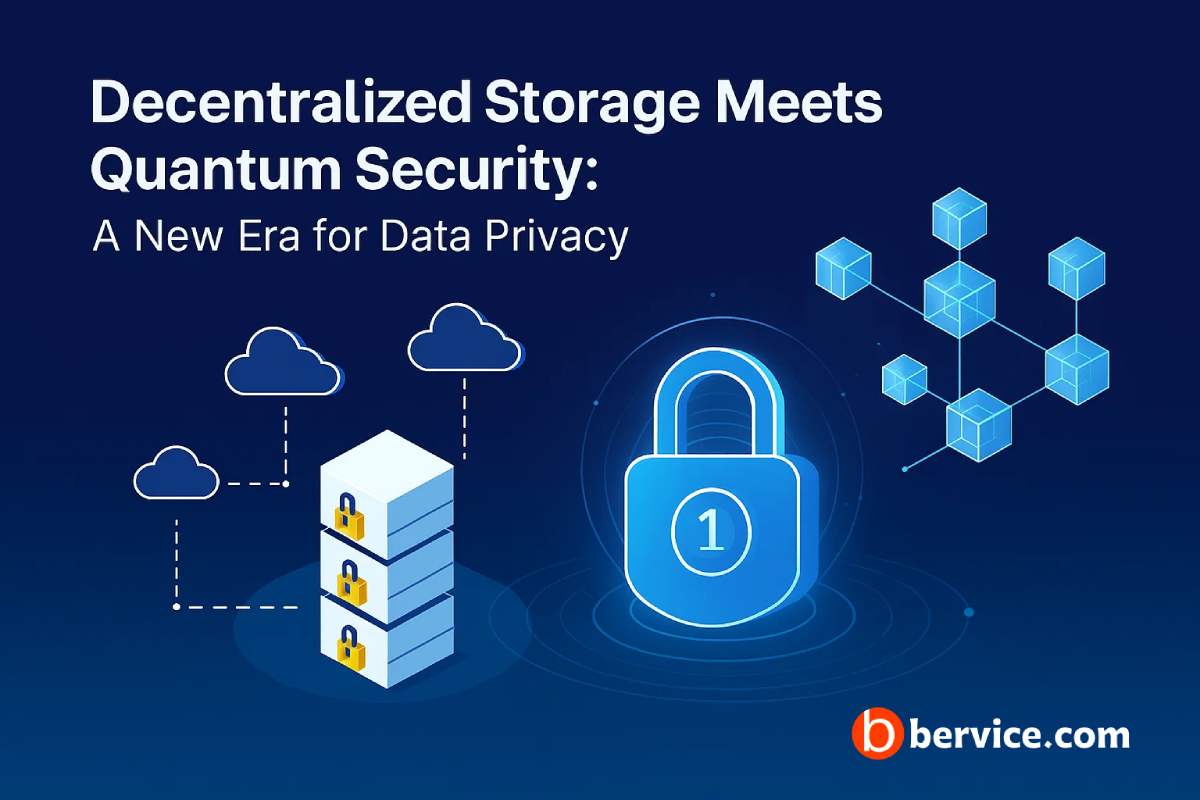-

Post-Quantum Cryptography in Real Life: Practical Applications with Bervice
Introduction: The Quantum Threat to Today’s Security Quantum computing promises breakthroughs in fields like medicine, materials science, and AI — but it also threatens to break much of the cryptography that secures our digital world today. Algorithms such as RSA and ECC, which underpin banking, cloud storage, and even blockchain networks, could become obsolete…
-

Why Decentralization Alone Isn’t Enough: Adding Quantum-Resistant Encryption to the Stack
Introduction: Decentralization as a Starting Point, Not the Destination Decentralization has revolutionized the way we think about trust, data ownership, and digital infrastructure. By removing single points of failure and control, blockchain and Web3 technologies have enabled censorship resistance, permissionless innovation, and transparent ecosystems. However, decentralization alone does not inherently guarantee data security in…
-

Web3 Payments Meet Quantum-Secure Storage: A Perfect Match
Introduction: The Convergence of Two Revolutionary Technologies The rise of Web3 has redefined how we think about money, ownership, and trust in the digital age. Decentralized payments have opened the door to borderless, permissionless, and instant transactions powered by blockchain. At the same time, advancements in quantum computing are pushing the limits of traditional…
-

Post-Quantum Cryptography and Decentralized Storage: Securing Data in the Next Era
Introduction: A New Era of Digital Security As quantum computing rapidly advances, the traditional cryptographic algorithms that have protected our digital world for decades are facing a serious threat. Quantum computers, leveraging the principles of quantum mechanics, could break widely used encryption schemes such as RSA and ECC in a matter of hours—rendering current…
-

Decentralized Storage Meets Quantum Security: A New Era for Data Privacy
Introduction: The Data Privacy Crisis Data privacy has become one of the most pressing issues in today’s digital age. Centralized storage systems—controlled by big tech companies or governments—are increasingly vulnerable to cyberattacks, data leaks, and surveillance. At the same time, the upcoming quantum computing revolution threatens to break traditional encryption methods, leaving sensitive data…